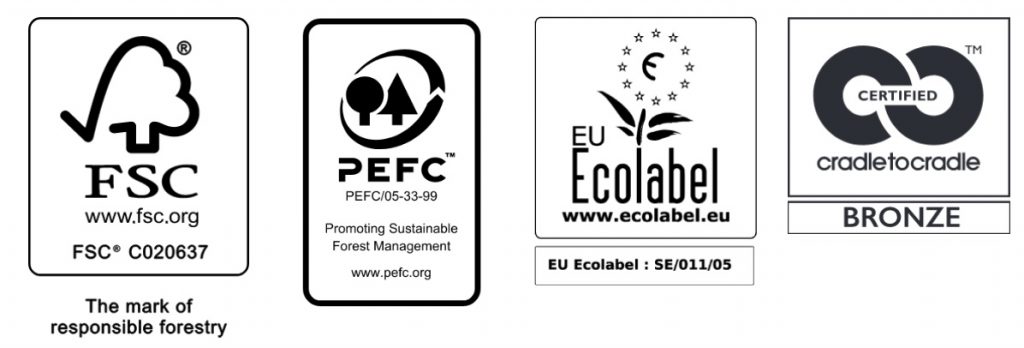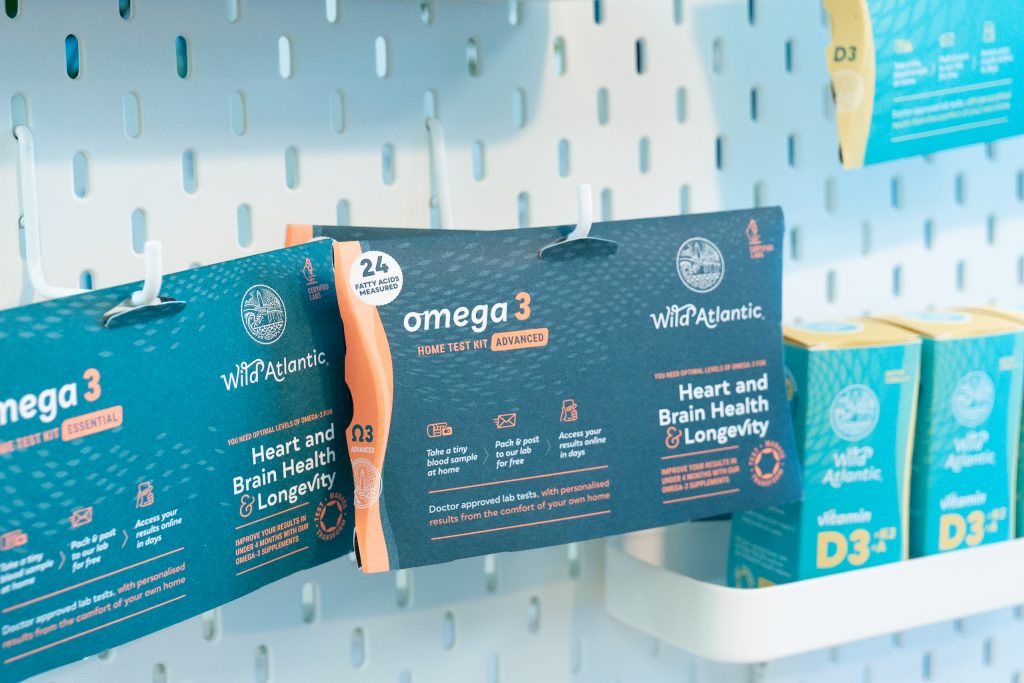Embracing Ethical Wellbeing:
Where health
meets harmony
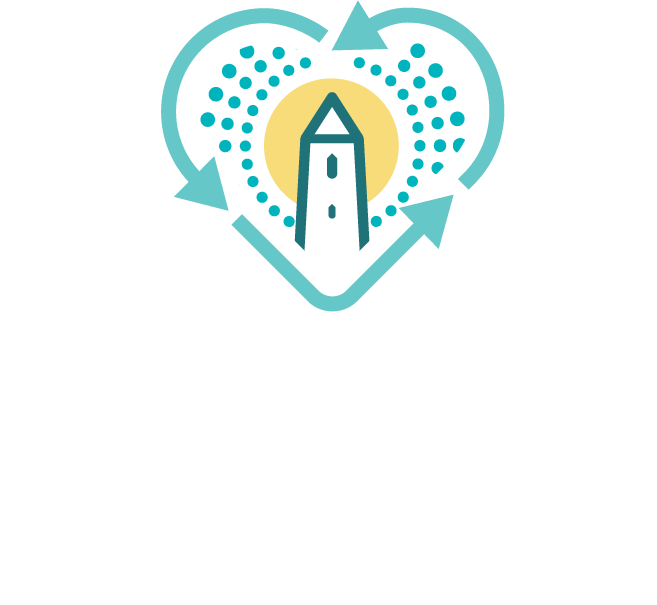
Here, we embrace the Irish spirit of connection, valuing not only our own wellbeing but also the wellbeing of our precious planet. We believe in a holistic approach that intertwines personal health with ethical choices. In line with this vision, we are proud to introduce our partnership with Fields of Life, a vital component of our commitment to global sustainability.
We are committed to integrating sustainability into every aspect of our business. From meticulously selecting ethically sourced ingredients to prioritizing eco-friendly packaging, our mission is to develop great products that promote both personal and planetary wellbeing. Each purchase supports our “Buy a bottle, build a well” initiative with Fields of Life, directly contributing to providing essential resources like clean water and education in East Africa.
Join us on this journey as we strive to create a harmonious balance between nourishing ourselves and nurturing our environment. Together, we can make a positive impact and embrace a holistic vision of wellbeing that transcends boundaries and fosters a healthier future for all.
Empowering Communities
Our Partnership with Fields of Life
Wild Atlantic Health is committed to making a difference with our “Buy a bottle, build a well” promise. For every bottle of our product sold, we donate a portion of the proceeds to Fields of Life, an organization dedicated to transforming lives in East Africa. This collaboration helps provide essential services such as clean water and education, and strengthens local communities.
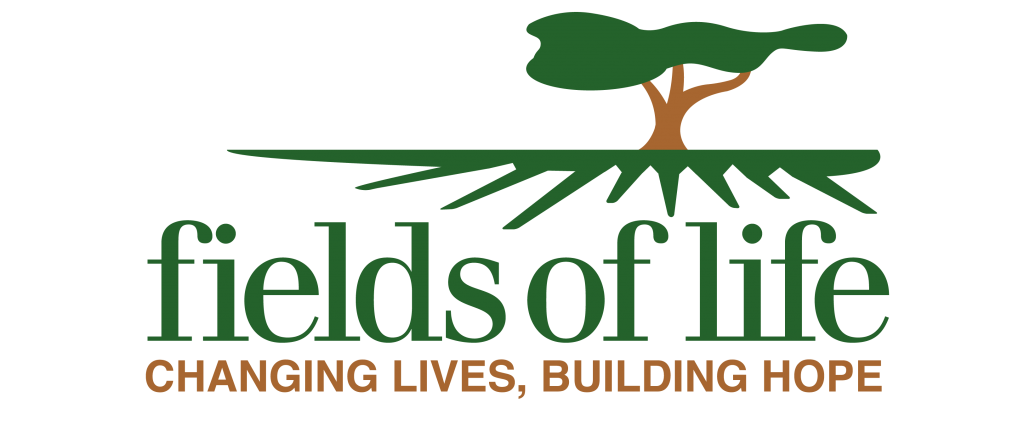
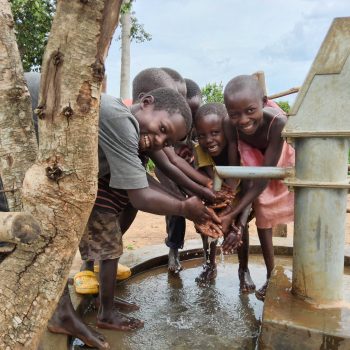
Access to Clean Water
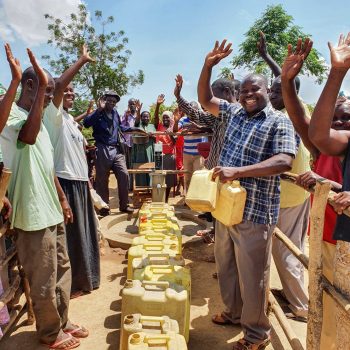
Health and Safety
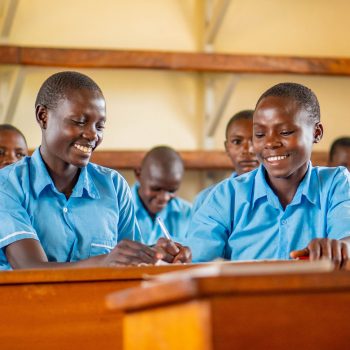
Education Support

Economic Empowerment
Join us in our mission to bring hope and vital resources to those in need with every purchase.
Please note: The donate link will direct you to an external and independent website operated by Fields of Life.
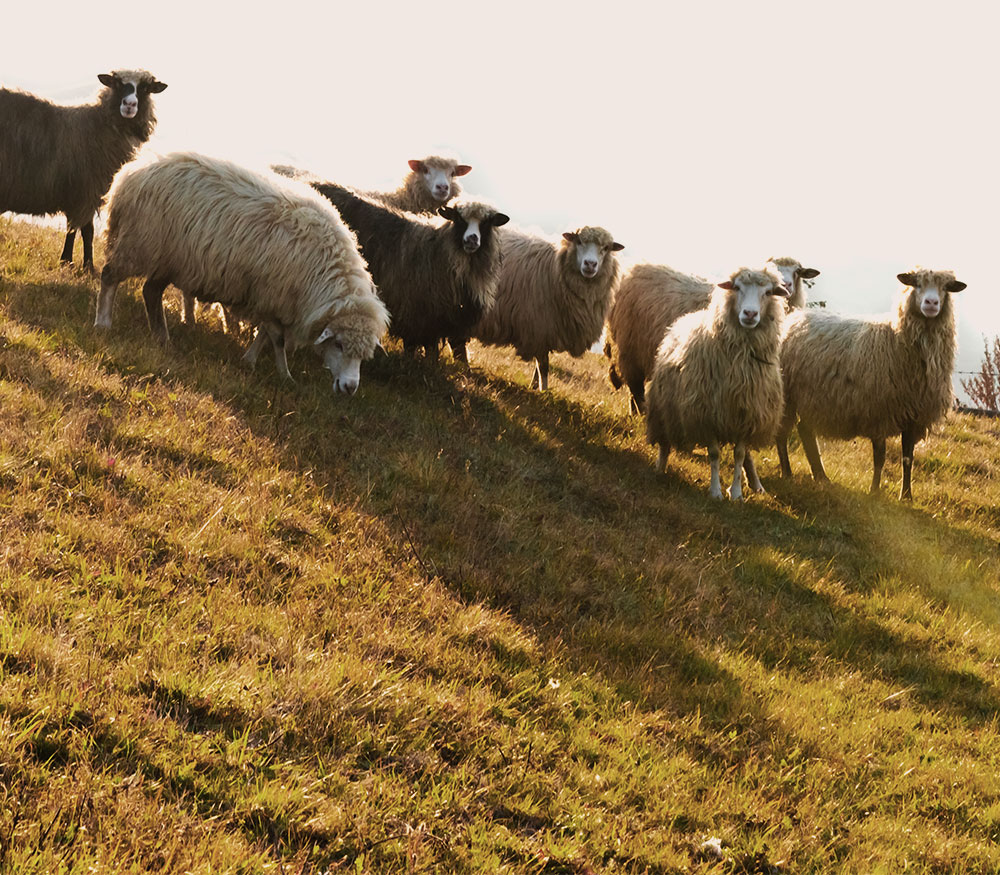
INGREDIENTS

Milking Sunshine from Sheep
Lanolin is a wax-like substance produced in the skin of sheep, it moisturises and protects their skin and wool. During the processing of lanolin, it’s exposed to UV light, which converts the 7-dehydrocholesterol in the lanolin into vitamin D3.
Sheep wool is clearly a renewable resource. Happy sheep grow happy wool and extracting lanolin is simply a harmless haircut. Additionally, producing vitamin D from lanolin is a relatively low-energy process, making it an environmentally-friendly choice.
INGREDIENTS
From Sea to Supplement
Full Traceability and High-Quality Omega-3s in Our Wild-Caught Anchovies
Wild-caught, our anchovies are sustainably sourced from the coldest waters where the Atlantic meets the Pacific Ocean in South America. The colder the waters, the more fats fish generate to protect themselves.
These fats are particularly rich in two types of omega-3s: eicosapentaenoic acid (EPA) and docosahexaenoic acid (DHA). These long-chain fatty acids are more readily absorbed and utilized by the body compared to other plant-based sources of omega-3s, such as flaxseed or chia seeds. A 170g serving of anchovies contains a massive 3.4g of omega-3 fatty acids.
Anchovies are also a low-mercury fish, making them a safer choice compared to larger, predatory fish such as tuna or swordfish. With the lowest levels of oxidation and contaminants, full traceability from Friends of the Sea, this is the purest, most potent Irish brand available on the market.
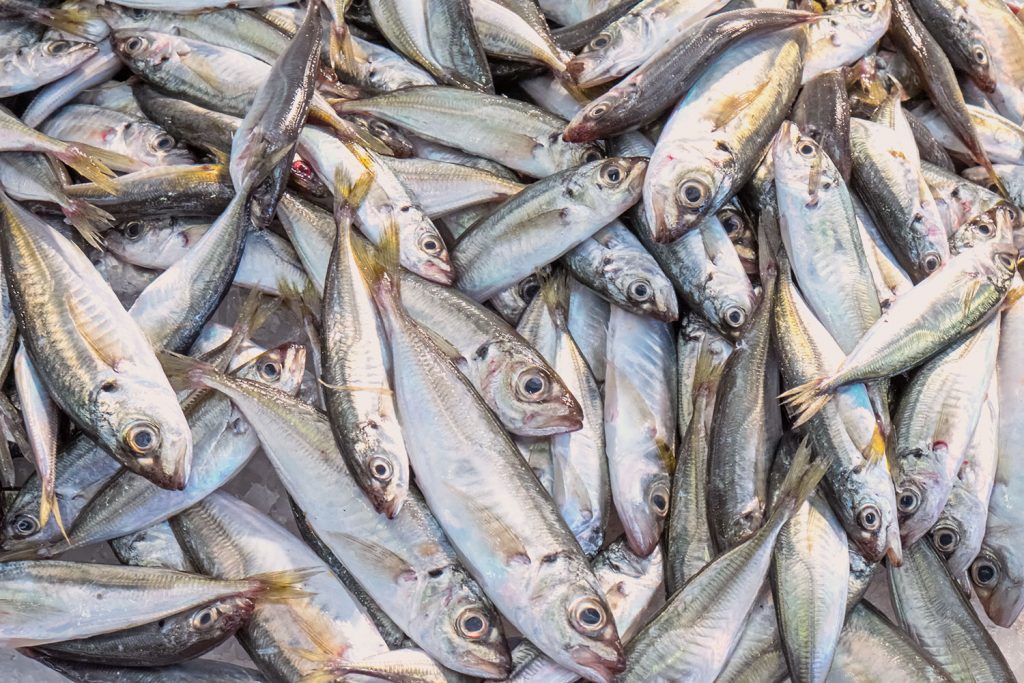
IN GOOD COMPANY > POSITIVE PARTNERSHIPS
We have complete traceability of our Ocean Pure Omega-3 fish oil. Each of our suppliers is certified by MarinTrust and IFOS programs as responsible in their catch and production activities. Added to this, they’re involved in ocean clean up, community programs and the Dolphin Safe program, aimed at protecting these mammals.

PACKAGING
From waste to wonderful
The sustainability of a bottle depends not only on the material it’s made from but also on its entire life cycle, including the energy required to produce, transport, and dispose of it. Choosing a sustainable bottle also involves considering the entire environmental impact of the product. We think we nailed it.
A SWEET SOLUTION > Sugar cane
The only thing sweeter than chocolate is using the by-product of sugar production to make the most eco-friendly supplement bottles available. Not only are they fully compostable, but PLA (polylactic acid) bioplastic bottles require far less energy than the production of glass bottles. This is because glass production requires high-temperature furnaces, consuming significant energy. In contrast, PLA and bioplastic bottles can be produced at lower temperatures, reducing energy consumption.
Bioplastic bottles are also much lighter than glass bottles, reducing transportation emissions and fuel consumption. This is especially important for long-distance transportation, which is usually the case for all consumer products.
Lighter bottles require less energy to ship from the bottle manufacturer >> the printer >> the factory where the bottles are filled >> the distributor >> to you at home.
The carbon footprint (CO2) of bioplastic bottles is approx:
lower than the carbon footprint of conventional plastic bottles
lower than the carbon footprint of glass bottles

The life-cycle of our supplement bottles >
A circular process
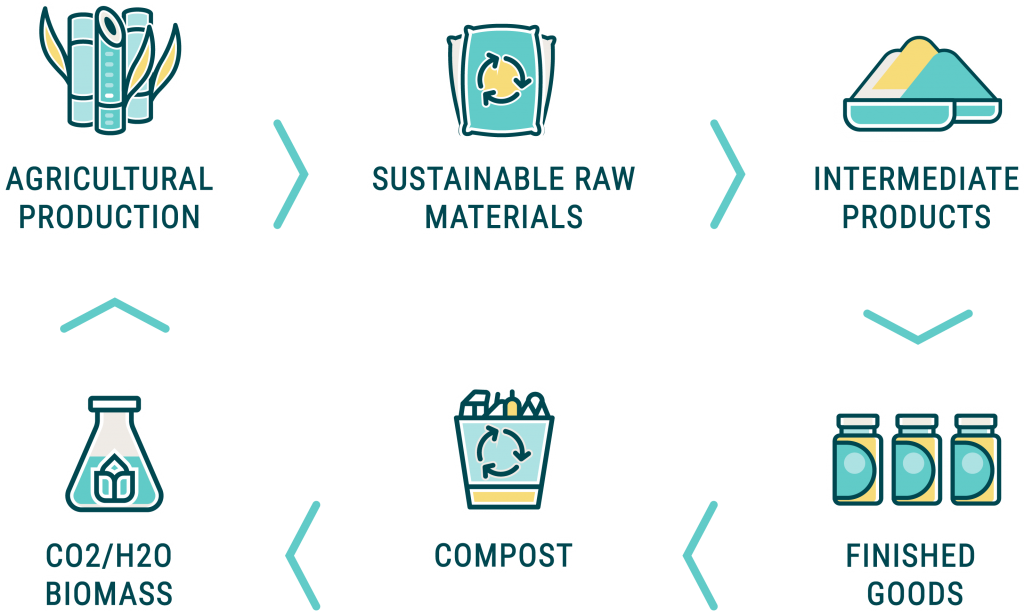
PACKAGING
Design
All our products use a beautiful card called Munken Lynx, from Arctic Papers. We chose this after reviewing their impeccable credentials.
